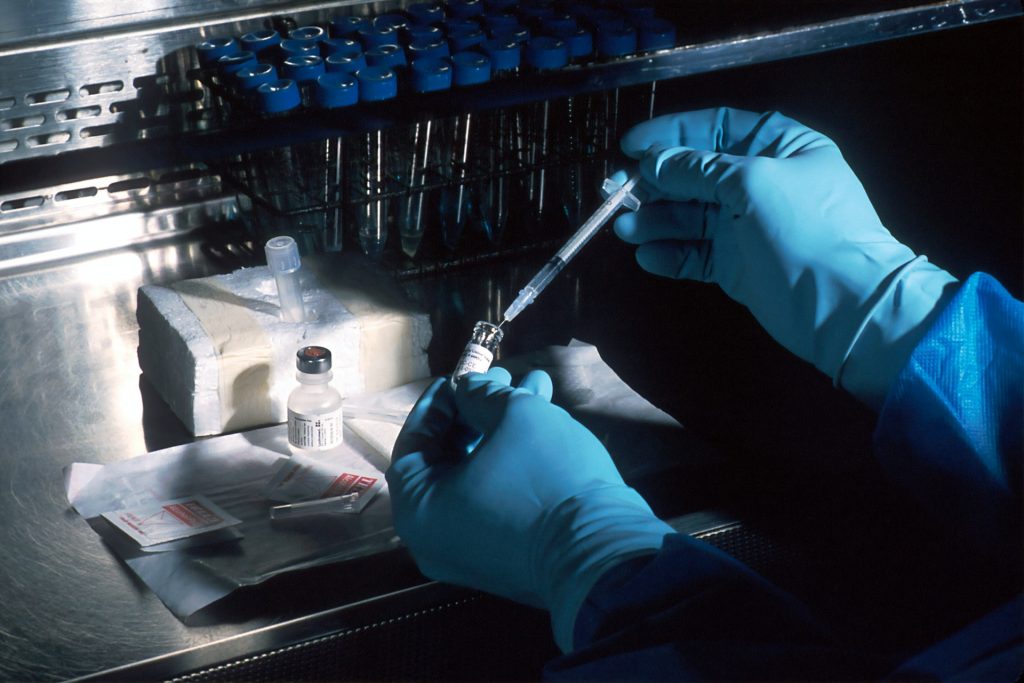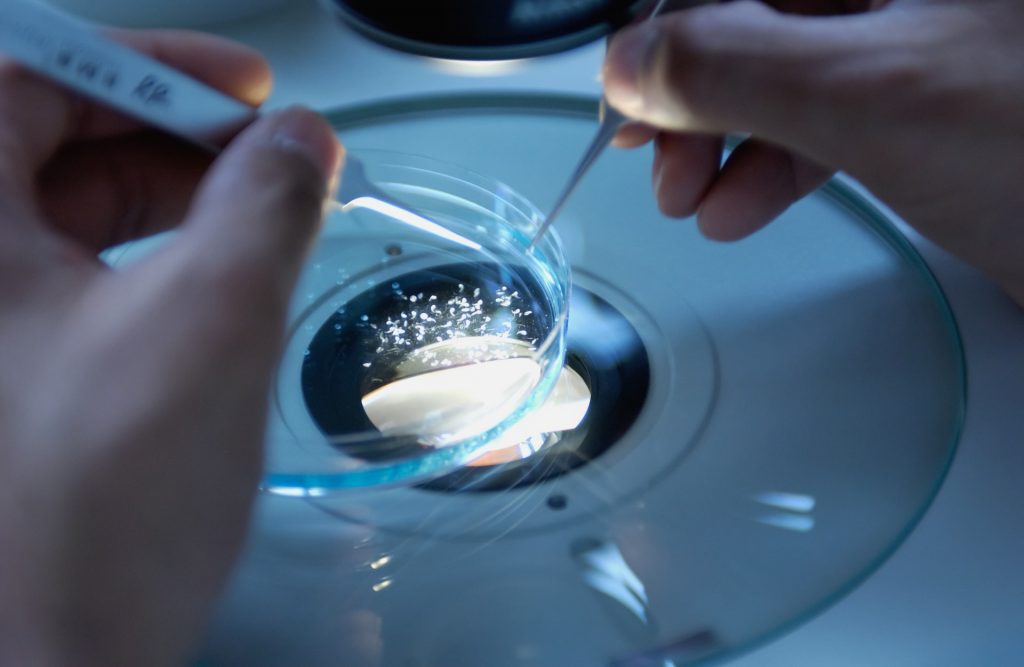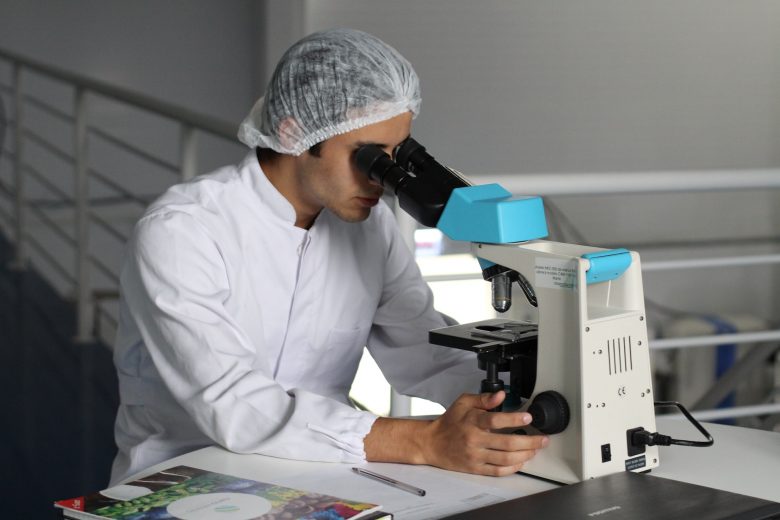How Technology Has Changed Medicine
Modern technology has made medical experiments much more accurate and efficient than in the past. Scientists can now use chimp adenovirus, a virus closely related to the human version, to test drugs and cure diseases. This process has greatly accelerated research and development. Thanks to this advancement, vaccines for illnesses such as Ebola were created in record time. The speed of research has also improved overall health care and quality of life for many people.
Clinical Trials
Clinical trials of investigational medicinal products test new treatments in patients to ensure that they offer acceptable gains in health and reduce risks. But medicine is only a part of the equation. The human factor is the final determinant in whether a patient will accept a proposed therapeutic intervention. The widespread use of the Internet can revolutionize patient care delivery. The Internet is an ideal tool for this. With such widespread use, patients will be able to access information about their conditions and receive the right care in record time

DTS
The DST collaborated with various institutes to advance drug discovery and development. It followed a similar approach to vaccines and biological medicines. The aim of the partnership was to develop faster, user-friendly diagnostic tools. Ultimately, this would help doctors save time and money. And the DST was building partnerships through SHIP, which brought together local and international R&D institutions to improve healthcare delivery. And despite the challenges that these partnerships presented, the project’s impact was immediate.
Academic research groups are ideally positioned to conduct cross-disciplinary technology clinical trials that support evidence-based medicine. Yet they have faced a number of challenges in navigating the regulatory environment and advancing their mission.
Digital Therapies
Digital therapeutics can be as simple as software applications, accessed on a personal computer or smartphone. These digital solutions are subject to the same rigorous testing as medications and undergo the same randomized clinical trials as conventional medicines. Some of these digital solutions are already bringing significant change to the medical industry. If implemented properly, they can make the entire process of medical care much more efficient. Eventually, these advancements will lead to new drugs and cures.


Sarah writes about luxury travel experiences, with a focus on unique accommodations and the charm of railway carriage stays.


